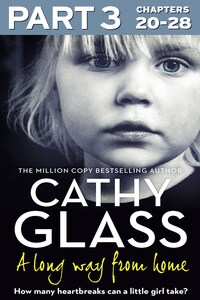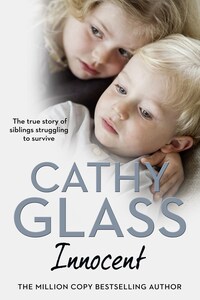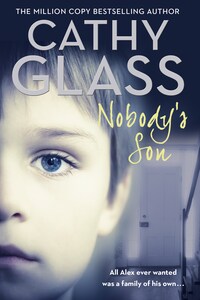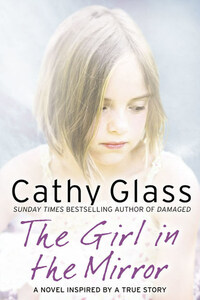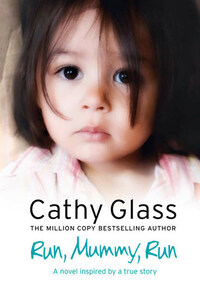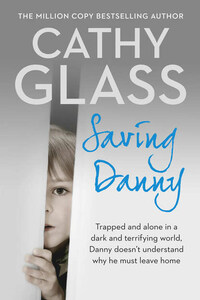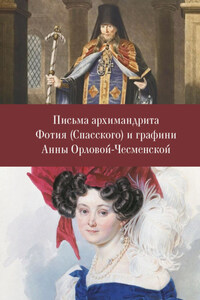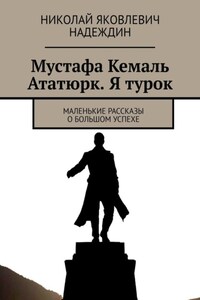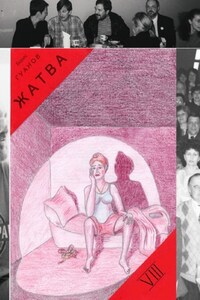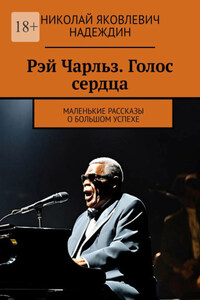The strain of having Anna live with us was taking its toll on Adrian and Paula. Since she’d arrived I had hardly spent a minute with them, and they were looking forward more than usual to spending the day with their father on Sunday, when he would take them out somewhere nice. He saw them every month and phoned in between. Regardless of what I thought of him leaving us, I didn’t let it impact on Adrian and Paula’s relationship with him. I told Anna they were seeing their father and I wondered if this would prompt a comment from her about seeing her own parents. She’d hardly mentioned them at all since she’d arrived, which was very unusual. Most children who come into care, even those who have been abused by their parents, pine for them, want to see them as soon as possible and often ask when they can return home. Anna had originally said she didn’t want to see her mother. Had that changed? Apparently not. She didn’t mention wanting to see her parents at all – not then, at least.
Once Adrian and Paula had left with their father, I asked Anna what she would like to do and suggested the cinema, a park (the weather was cold but dry) or an indoor activity centre. She didn’t want to do any of these, so I said we could do something at home then. She shrugged and didn’t offer a better suggestion, so I opened the toy cupboard in the conservatory and asked her to choose some games we could play together. The phone rang and I answered it in the living room. It was my mother; we usually spoke a couple of times a week, but now I said I’d have to call her back later for a chat. When I returned to the conservatory Anna was nowhere to be seen. I’d only been away from her for a couple of minutes. I went round the downstairs calling her name and then upstairs. My bedroom door was wide open and I went in to find her going through my wardrobe.
‘Anna, whatever are you doing?’ I asked, going over.
‘Nothing,’ she said. But she didn’t immediately stop.
‘That’s private,’ I said, and closed the wardrobe door. ‘Do you remember when you first arrived, I explained our bedrooms were private and we didn’t go into each other’s rooms unless we were asked?’
‘You go into mine,’ she said.
I was taken aback. It wasn’t the reaction of an average five-year-old, even one with behavioural issues. ‘Yes, because I am your carer and I look after you. I go into your room to make your bed, put your clothes away and keep it clean and tidy. At your age it’s part of my responsibility. When you are older you can do it yourself. Now come on, out of here, we’re going downstairs to find a game to play.’
She didn’t move, but stood with her back to the wardrobe. ‘I go into my parents’ bedroom whenever I want,’ she said brazenly.
‘That’s up to them,’ I said.
‘No, it’s up to me.’
I believed her, and not for the first time I saw that the distinction between adult and child in their house had become blurred. This, among other things, would make disciplining Anna very difficult. Children need to see the adult in the parent, set apart from them, in order to respect and be guided by them, until they become adults when (hopefully) they have learned what they need to be responsible for themselves.
‘Well, in this house we don’t go into each other’s rooms unless asked,’ I reiterated. ‘Now, come on downstairs and I’ll choose us a game to play.’ This was enough for her to leave.
